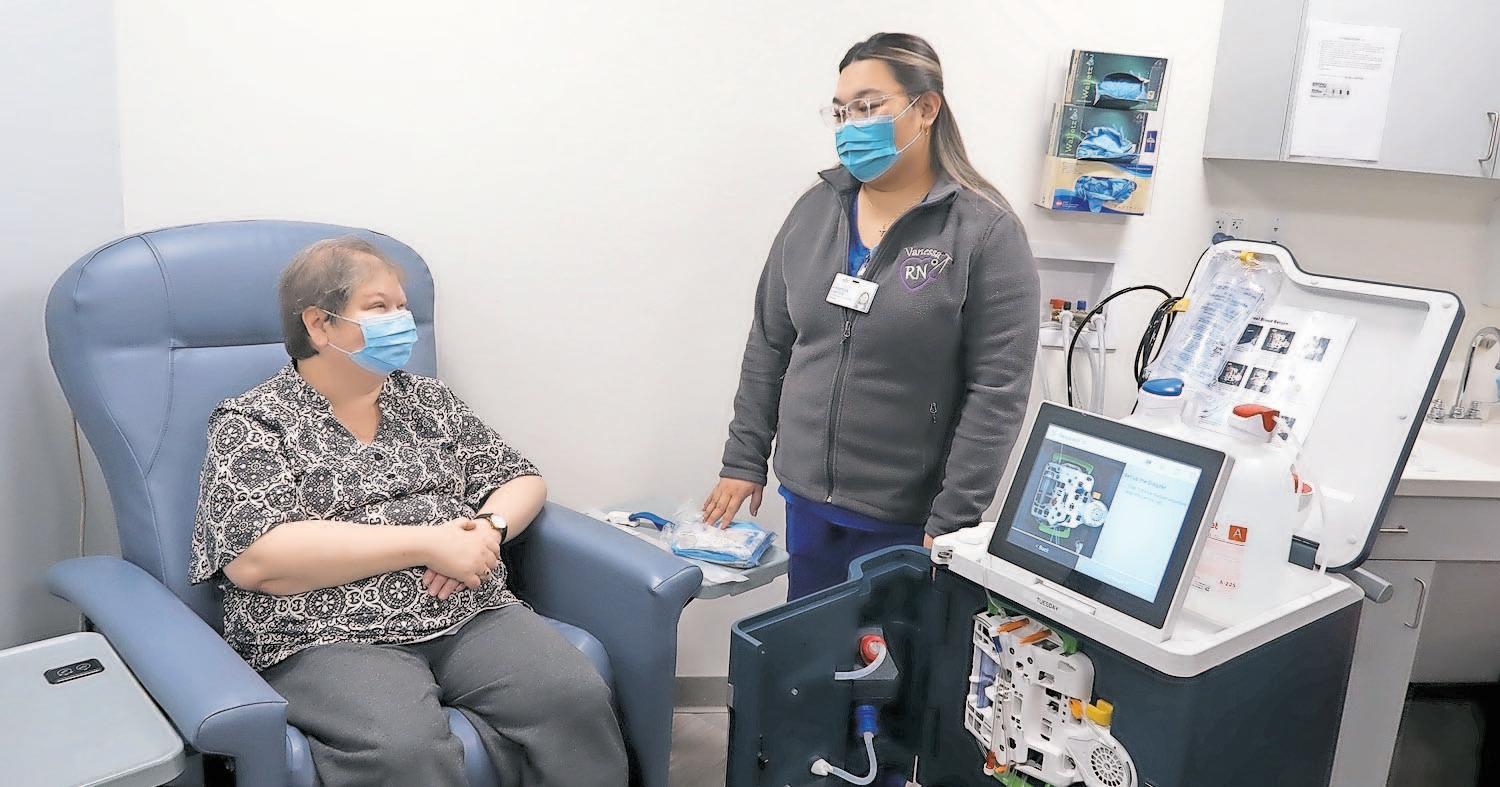
3 minute read
Mental illness and the family
Keys to coping while maintaining order in the household
The prevalence of mental illness is increasing. According to Mental Health America, 21 percent of adults are experiencing at least one mental illness. That’s roughly 50 million people. While it’s difficult to compare numbers from the 2023 survey to previous years, researchers are in agreement that Americans from all walks of life reported increased distress and mental health concerns during the pandemic.
According to a separate survey conducted by the National Center for Health Statistics, 40 percent of Americans reported symptoms of anxiety and depression in 2020 compared to just 11 percent in 2019. The uncertainty and fear surrounding the pandemic undoubtedly played an enormous role in this increase.
However, it isn’t just symptoms of anxiety and depression that have skyrocketed. In this year’s survey, more than 12 million adults reported serious thoughts of suicide. People have understandably struggled when removed from the stability of friends and family and subjected to new and unusual stressors and we’re seeing that in the data.
Pandemic-related stressors added to the more than 200 classified forms of mental illness have affected our wellbeing, to th extent thatwe are in the throes of a mental health crisis.
How to cope day to day
As with cancer, diabetes and heart disease, mental illnesses are often physical as well as emotional and psychological.

Accept your feelings. Despite the different symptoms and types of mental illnesses, many families who have a loved one with mental illness, share similar experiences. You may find yourself denying the warning signs, worrying what other people will think because of the stigma, or wondering what caused your loved one to become ill.
Accept that these feelings are normal and common among families going through similar situations. Find out all you can about your loved one’s illness by reading and talking with mental health professionals. Share what you have learned with others.
Take time out. It’s common for the person with mental illness to become the focus of family life. When this happens, other members of the family may feel ignored or resentful. Some may find it difficult to purse their own interests. If you are the caregiver, you need some time to yourself.
Schedule time away to prevent becoming frustrated or angry. If you schedule time for yourself, it will help you to keep things in perspective and you may have more patience and compassion for coping or helping your loved one. Only when you are physically and emotionally healthy can you help others. It is important to remember that there is hope for recovery and that with treatment, many people with mental illness return to a productive and fulfilling life.
Develop new ways of relating to others. Be mindful of old, unhealthy patterns of communicating and practice new ways of relating to your family members. This may include setting and enforcing new boundaries and being respectful of your own limits. As things shift, appreciate and enjoy the stability in your relationships and recognize that relationships don’t have to be defined by crisis or dependency.
Educate yourself about your family member’s illness. Certainly, this does not mean that you need to know everything about the mental illness of your family member. Your job isn’t to treat or cure your family member, but educating yourself about the illness via reliable online and offline resources can help you understand what your family member is facing and what might have caused problems for your family. It can also help you calm guilt, anger, resentment, embarrassment, shame, and fear.

Seek counseling. Therapy can be beneficial for both the individual with mental illness and other family members. You may benefit from seeking assistance not because you should assume that you are automatically inheriting your family member’s mental illness, but because a professional can help you understand how a family member’s mental illness affects your life and help you explore your unmet or repressed needs and emotions. Further, your mental health professional can help you learn and develop healthier ways of caring for yourself, relating to others, and coping with your difficulties in relationships, emotions, and behaviors, if you experience any.

Establish a support network. Whenever possible, seek support from friends and family members. If you feel you cannot discuss your situation with friends or other family members, find a self-help or support group. These groups provide an opportunity for you to talk to other people who are experiencing the same type of problems. They can listen and offer valuable advice.

A group that addresses your specific situation can help reduce feelings of isolation and validate your experience. Seeking support can be especially helpful when other family members are either uncomfortable with or refuse to acknowledge the problem. If an appropriate in-person support group is not available near you or you are unable to join a group, there may be an online support community available.
Photo: Family life can be challenging in the best of times. However, there are often unique issues when a family member or family members are dealing with a mental health diagnosis.









